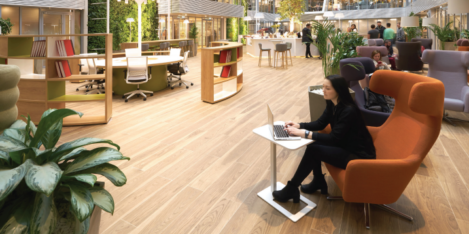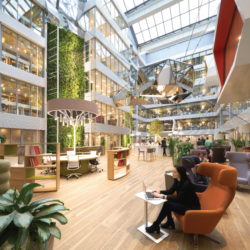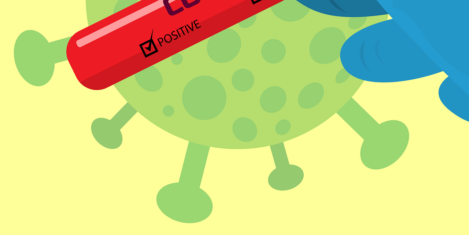To provide the best experiences, we use technologies like cookies to store and/or access device information. Consenting to these technologies will allow us to process data such as browsing behaviour or unique IDs on this site. Not consenting or withdrawing consent, may adversely affect certain features and functions.
The technical storage or access is strictly necessary for the legitimate purpose of enabling the use of a specific service explicitly requested by the subscriber or user, or for the sole purpose of carrying out the transmission of a communication over an electronic communications network.
The technical storage or access is necessary for the legitimate purpose of storing preferences that are not requested by the subscriber or user.
The technical storage or access that is used exclusively for statistical purposes.
The technical storage or access that is used exclusively for anonymous statistical purposes. Without a subpoena, voluntary compliance on the part of your Internet Service Provider, or additional records from a third party, information stored or retrieved for this purpose alone cannot usually be used to identify you.
The technical storage or access is required to create user profiles to send advertising, or to track the user on a website or across several websites for similar marketing purposes.
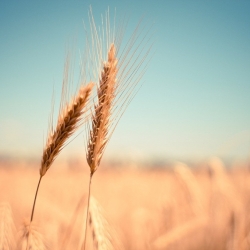 One of the most significant consequences of the 2008 economic crash was a remarkable shift in the nature of employment. The recession led to a surge in the number of people categorised as self-employed. The numbers have been increasing ever since, albeit at a lower rate. By the end of 2019, the number of self-employed people in the UK exceeded five million people for the first time. Fifteen percent of the workforce. (more…)
One of the most significant consequences of the 2008 economic crash was a remarkable shift in the nature of employment. The recession led to a surge in the number of people categorised as self-employed. The numbers have been increasing ever since, albeit at a lower rate. By the end of 2019, the number of self-employed people in the UK exceeded five million people for the first time. Fifteen percent of the workforce. (more…)






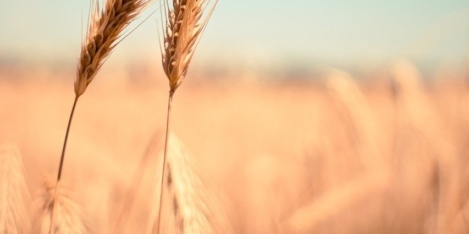
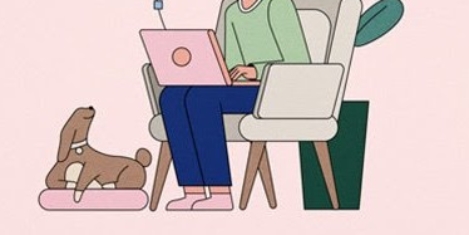
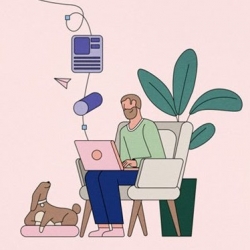

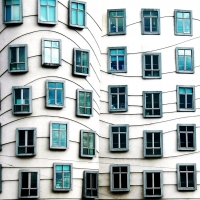 The UK COVID-19 vaccination programme is well underway. Once the over 50s, younger people with health conditions, NHS and care workers have received the vaccine, Prime Minister Boris Johnson has been clear that current lockdown restrictions could be lifted in stages with schools and business a top priority. The situation is under review, but there is an expectation that business premises could reopen as early as Easter, when a large proportion of the working age population may not have been vaccinated. That means the focus in workplaces and other multi-occupant spaces, especially those open to the public, must remain on limiting transmission to prevent the spread of
The UK COVID-19 vaccination programme is well underway. Once the over 50s, younger people with health conditions, NHS and care workers have received the vaccine, Prime Minister Boris Johnson has been clear that current lockdown restrictions could be lifted in stages with schools and business a top priority. The situation is under review, but there is an expectation that business premises could reopen as early as Easter, when a large proportion of the working age population may not have been vaccinated. That means the focus in workplaces and other multi-occupant spaces, especially those open to the public, must remain on limiting transmission to prevent the spread of 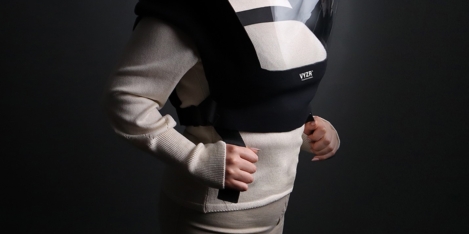
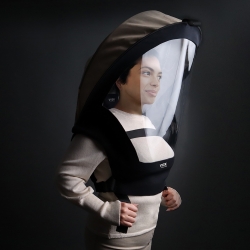
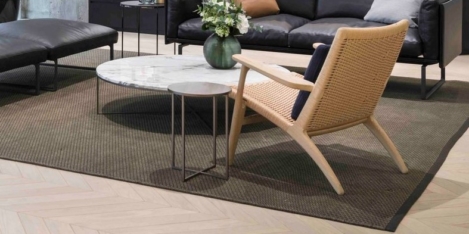
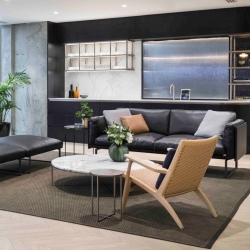 Recently lighting control firm Prolojik assembled an expert panel to talk about learning and working during the time of the Covid-19 pandemic. The roundtable (online of course) involved participants from various fields related to the built environment including those involved in developing, designing and tech reflected on their own experiences over the last several months. While industry issues raised during the session included what productivity really means and how to measure it, what infrastructure needs to be in place to enable people to return to their place of work or education and why a joined-up approach to wellness is an indisputably necessary strand of building management.
Recently lighting control firm Prolojik assembled an expert panel to talk about learning and working during the time of the Covid-19 pandemic. The roundtable (online of course) involved participants from various fields related to the built environment including those involved in developing, designing and tech reflected on their own experiences over the last several months. While industry issues raised during the session included what productivity really means and how to measure it, what infrastructure needs to be in place to enable people to return to their place of work or education and why a joined-up approach to wellness is an indisputably necessary strand of building management. 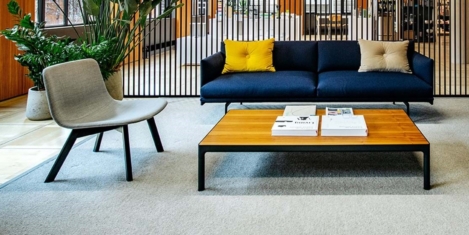
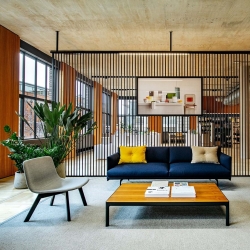
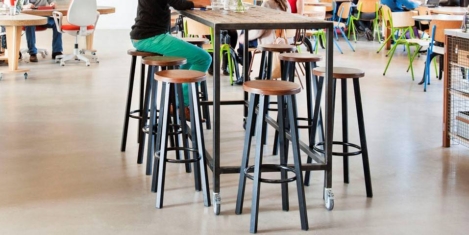
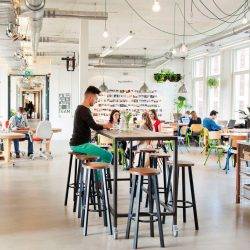 2015. It is perhaps the most common misconception of evolutionary theory that all animals are somehow evolving towards some end point – meaning us. This notion is perhaps best summed up when a sceptic asks: “If we have evolved from monkeys, why are there still monkeys?” The lesser of the two problems with this is its solipsistic assumption that humans are the pinnacles of life and that, if evolution were true, all species would eventually evolve into people.
2015. It is perhaps the most common misconception of evolutionary theory that all animals are somehow evolving towards some end point – meaning us. This notion is perhaps best summed up when a sceptic asks: “If we have evolved from monkeys, why are there still monkeys?” The lesser of the two problems with this is its solipsistic assumption that humans are the pinnacles of life and that, if evolution were true, all species would eventually evolve into people. 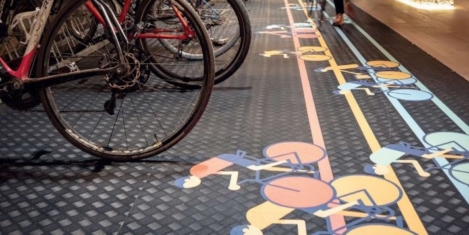
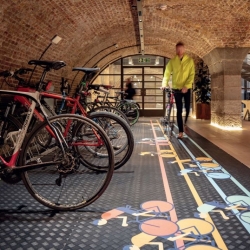

 The pandemic has seriously altered how we work. According to statistics published by the
The pandemic has seriously altered how we work. According to statistics published by the 